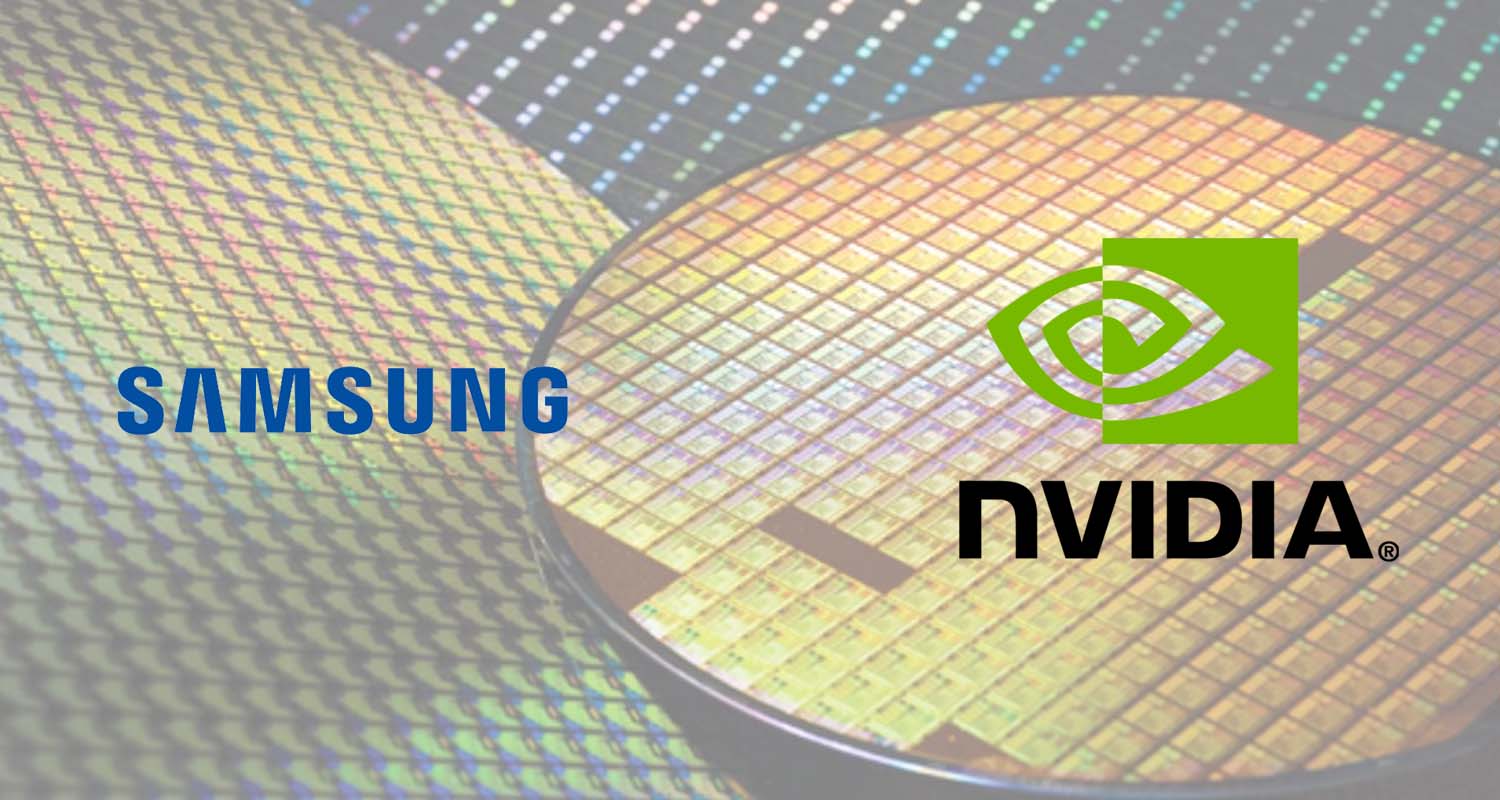Introduction
In the ever-evolving landscape of technology, one thing remains constant: the relentless pursuit of innovation. In this race, Samsung has emerged as a frontrunner, setting its sights on tripling the supply of High Bandwidth Memory (HBM) chips by 2024. But what does this mean for the future of artificial intelligence (AI) and the semiconductor industry as a whole? Let’s dive deeper into Samsung’s ambitious plans and the implications they hold.
Samsung plans to triple its HBM chip production volume this year compared to 2023 . This move is driven by Samsung’s focus on capturing the AI chip market, where HBM is a critical component. Samsung is already mass producing the latest 8-layer HBM3E and expects the 12-layer version to be in production by Q2 2024. The company anticipates HBM3E to make up two-thirds of its HBM sales by the end of this year.
The company’s recent announcements underscore its commitment to bolstering its semiconductor business, with a laser focus on high-bandwidth memory (HBM) and high-capacity solid-state drives (SSDs).
Follow us on LinkedIn for everything around Semiconductors & AI
Product Roadmap:
Samsung’s strategy revolves around two key pillars: increased production capacity and technological advancement. To meet the surging demand for HBM chips, Samsung is ramping up its production facilities, either through expansions or by establishing new ones. This move underscores Samsung’s commitment to staying ahead of the curve.
But it’s not just about quantity; Samsung is also focused on quality and innovation. The company has already commenced mass production of 8-layer HBM3E chips, boasting superior performance compared to previous iterations. Furthermore, Samsung is set to introduce the industry’s first 12-layer HBM3E chips in the second quarter of 2024, promising even greater bandwidth and efficiency. This relentless pursuit of technological advancement positions Samsung as a trailblazer in the HBM market.
Samsung’s vision extends far beyond 2024. The company has set its sights on doubling its HBM chip production once again in 2025, underscoring its long-term commitment to dominating the HBM market. This ambitious roadmap not only reflects Samsung’s confidence in the continued growth of the AI sector but also signals its determination to lead the charge in shaping the future of computing.
Read More:AI GPU Market 2024: NVIDIA dominates with $40B, AMD rises to $3.5B, Intel lags at $500M – techo
Dominating the SSD Market:
The SSD market, witnessing an unprecedented influx of orders, presents a lucrative opportunity for Samsung Electronics.
By focusing on the development of ultra-high-capacity SSDs, exemplified by the forthcoming 64TB SSD, Samsung aims to not only meet but exceed market expectations.
Server SSD shipments are predicted to increase by 1.8 times compared to last year. This puts Samsung in a good position to grab a big part of this growing market.
Furthermore, the advent of quad-level cell (QLC) NAND flash-based SSDs underscores Samsung’s commitment to innovation.
By selling three times more of these big SSDs in the last part of the year, Samsung is ready to make new records in the SSD market, meeting the changing needs of data-focused apps.
Read More: $150 Million Power Play: South Korea Invests in the Future of Chip Packaging – techovedas
Strategic Imperatives:
Samsung’s ambitious endeavors are bolstered by strategic partnerships with major AI chipmakers, including industry giants like Nvidia and potentially AMD. These partnerships are symbiotic in nature, as AI chipmakers rely on Samsung’s cutting-edge HBM technology to power their GPUs, which are instrumental in AI applications.
By securing major deals with key players in the AI chip market, Samsung ensures a steady demand for its HBM chips and solidifies its position as a preferred supplier.
Read More: What are 5 Different Chip Packages: Advantages, Disadvantages & Applications – techovedas
Conclusion:
In conclusion, Samsung Electronics is working hard to make better chips for AI servers. They’re working hard to come up with new ideas and do well. Samsung is getting ready to change how computer chips are made. They’re using the newest technology and teaming up with other companies to do it. With more and more people needing powerful computer chips, Samsung’s work is going to make a big impact on AI servers and push technology to new levels.




